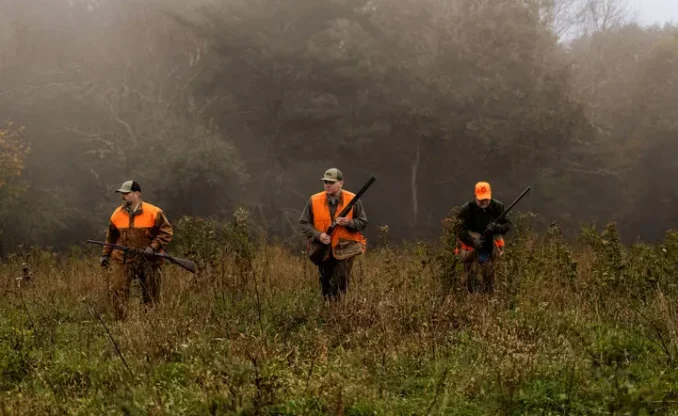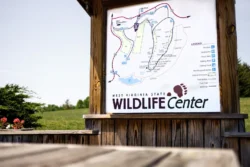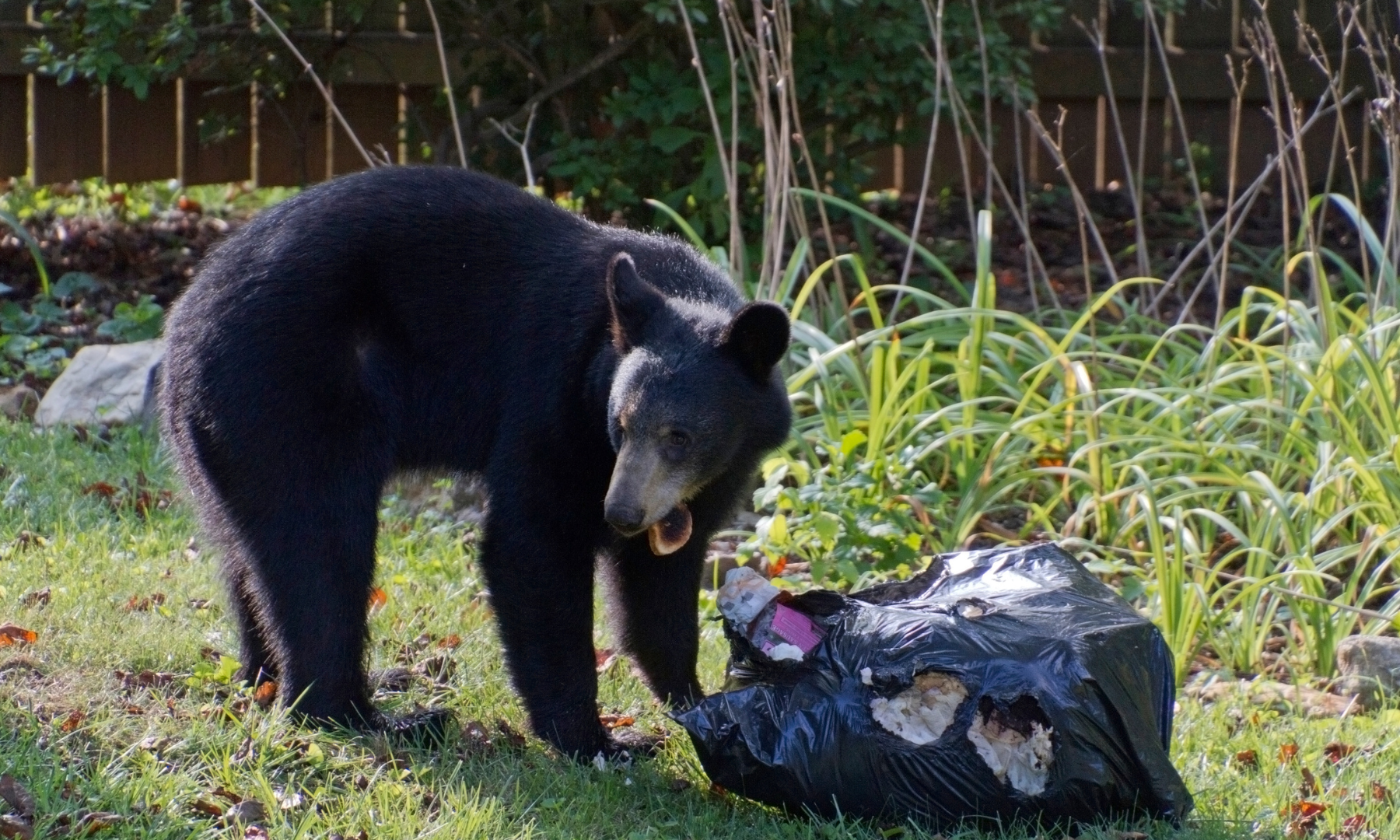Nuisance bear activity in West Virginia peaks in May and June.
BECKLEY, W.VA. — To prevent nuisance black bear activity, the West Virginia Division of Natural Resources is reminding residents to remove bear attractants from their yards in the coming months.
To avoid potential conflicts with bears, residents should remove bird feeders, pet food and food scraps from their yards and secure trash and other bear attractants on their property. The same preventative steps should be taken while camping.
“Deliberately feeding a black bear is illegal in West Virginia, but unintentionally feeding a bear also causes serious problems for humans, their property and our state animal,” said Colin Carpenter, black bear project leader for the WVDNR. “Once a bear gets used to getting food from humans, they can become a danger and often must be humanely killed.”
While the WVDNR starts getting reports of nuisance bear activity in April, conflicts increase and peak in May and June because high-energy foods such as serviceberries, raspberries, blackberries and blueberries do not become available until later in the summer.
“Bears that visit residential areas are less likely to stay if they don’t find anything to eat,” Carpenter said. “If we all take responsibility for our property and remove or secure food attractants before bears find them, we can reduce the likelihood of human-bear conflicts.”
To help prevent nuisance bear activity, residents are encouraged to follow these BearWise steps:
- Never feed or approach bears.
- Secure food, garbage and recycling.
- Remove bird feeders when bears are active.
- Never leave pet food outdoors.
- Clean and store grills.
- Alert neighbors of bear activity.
To learn more about black bears and how to prevent human-bear conflicts, visit bearwise.org.




